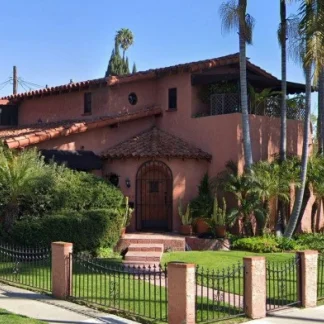Breathe Life Healing Centers
Breathe is dedicated to outstanding trauma-informed clinical care to each client...
Dallas Taylor Interventions offers community-based addiction and mental health support for individuals and families in Los Angeles, California. They also provide valuable community resources, including mental health services, case management, and family support services.
Dallas Taylor Interventions begins with a mental health assessment to screen for symptoms of addiction or co-occurring mental health disorders. Other services include the following:
Dallas Taylor Interventions offers drug and alcohol intervention services to families and partners of individuals struggling with substance use. The intervention process involves meeting with the family for a consultation, the intervention with the individual which offers the opportunity to share their loved ones’ concerns, and ultimately seeking to refer them to treatment.
Dallas Taylor Interventions can refer individuals to attend an intensive outpatient program (IOP). IOPs involve individual and group treatment sessions for improved coping skills, peer support, and recovery support. Sessions are held 3-4 days a week.
The interventionist may also refer the individual to a residential treatment program, which typically involves the use of evidence-based practices to treat substance abuse and co-occurring mental health conditions. These programs are suited for adults ages 18 and up.
Dallas Taylor Interventions is a private pay service.
Contact us for more information: (310) 650-0541

Connect with Dallas Taylor Interventions by calling their admissions team directly.
(310) 650-0541 Website Get DirectionsGroup therapy is any therapeutic work that happens in a group (not one-on-one). There are a number of different group therapy modalities, including support groups, experiential therapy, psycho-education, and more. Group therapy involves treatment as well as processing interaction between group members.
Breathe is dedicated to outstanding trauma-informed clinical care to each client...
Covenant House California offers housing programs and outpatient medical and men...
Children’s Bureau - Magnolia Place Family Center, in Los Angeles, California, of...
Synergy Sober House is a private rehab located in Los Angeles, California. Syner...